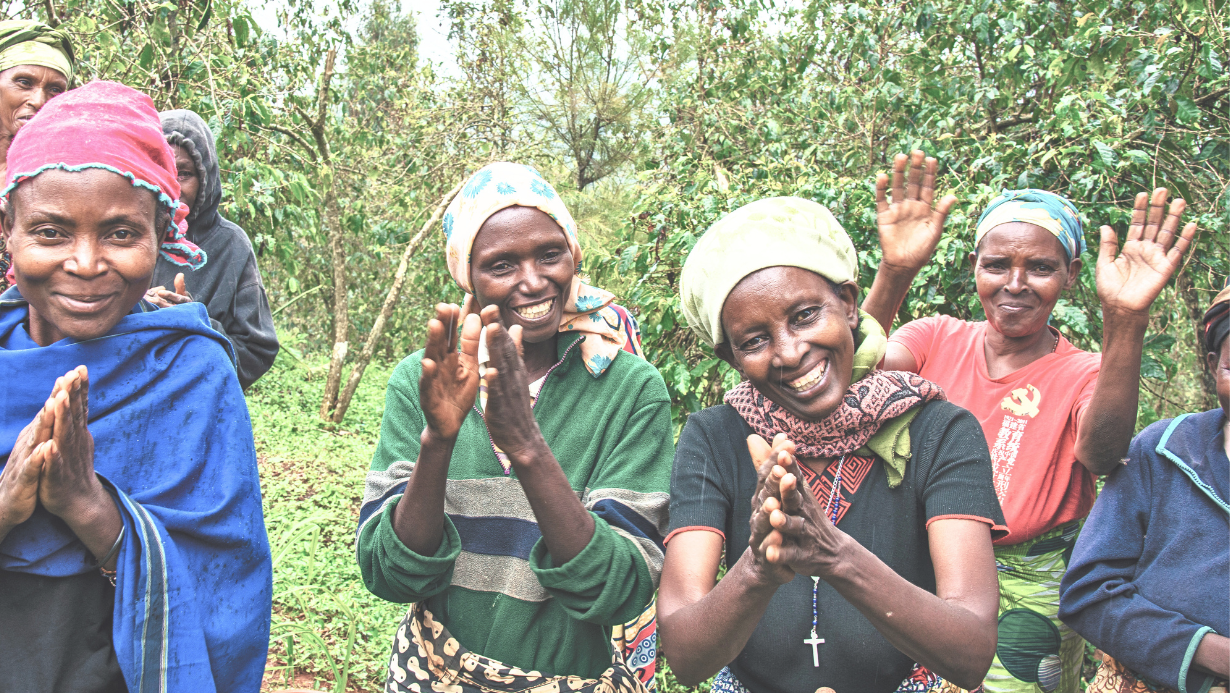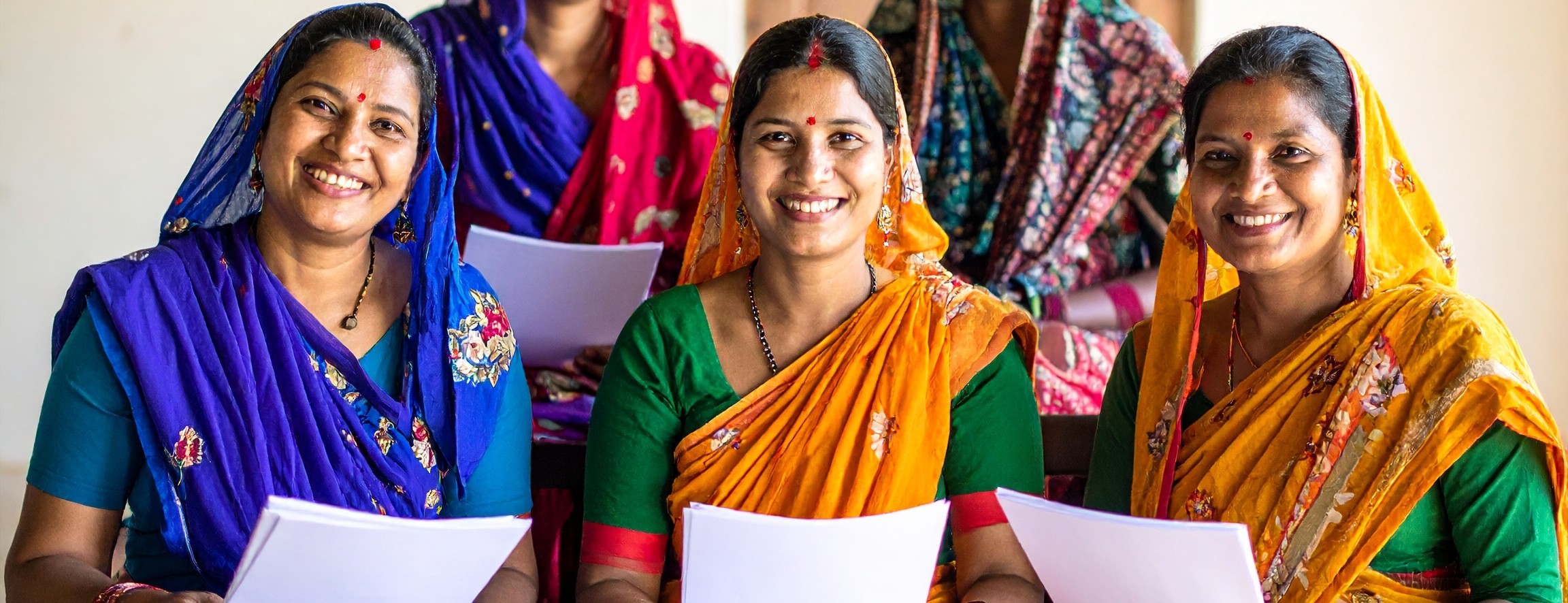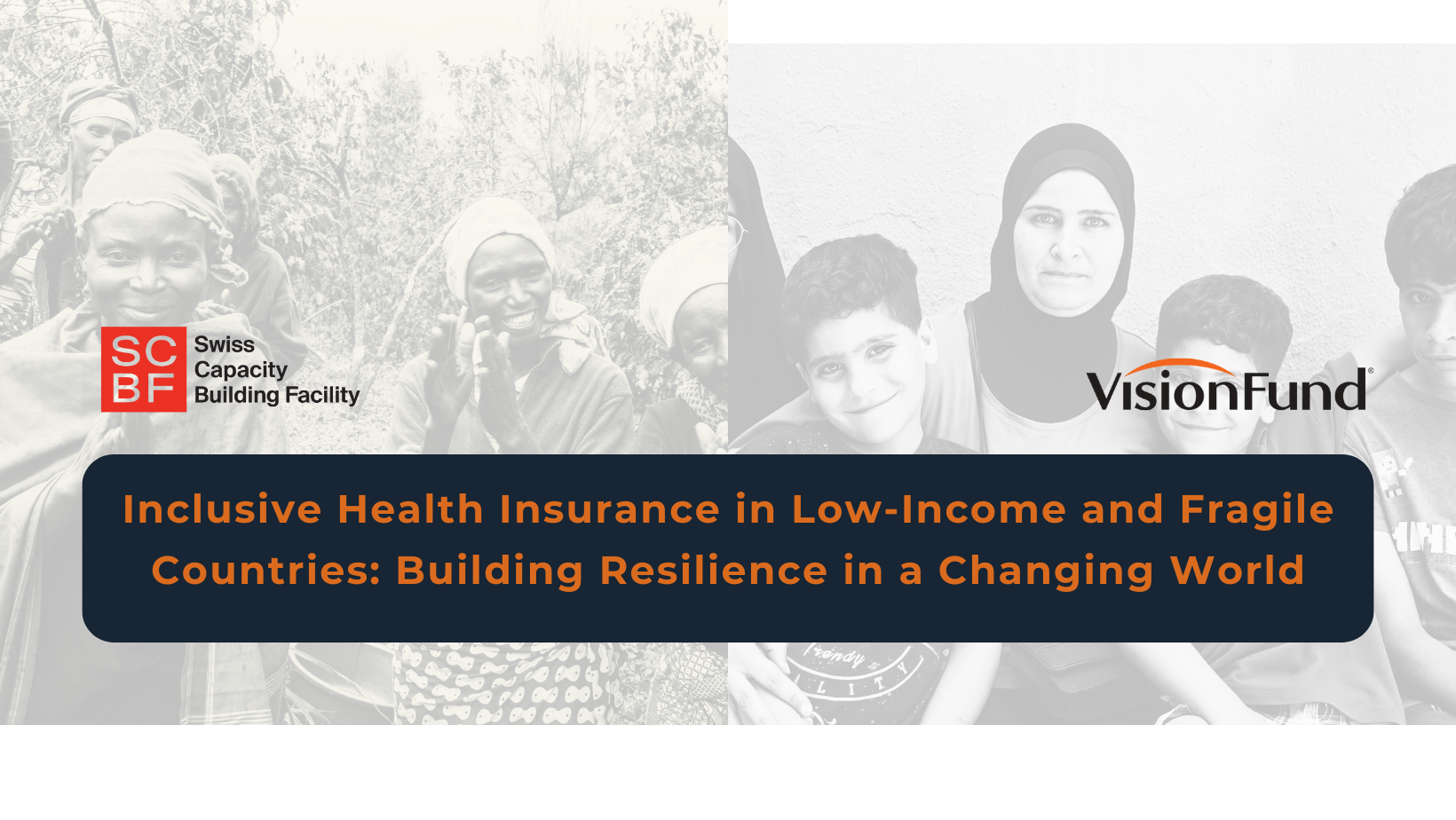Global biotech leader Roche joins SCBF as the 29th member

Even before the COVID-19 pandemic, the number of people whose out-of-pocket health expenses exceeded 10% of their household budget was on the rise, according to the UN. Efforts to advance universal healthcare have been thwarted by combined health and economic impacts of the pandemic, as people, especially those from disadvantaged communities, were exposed to significant financial hardships limiting their ability to access and afford care.
Ensuring that financial services and products can enable people to meet their essential needs, such as healthcare, adequately and sustainably is an important priority for SCBF. We are excited to welcome Roche, the world’s largest biotech company and global leader in in-vitro diagnostics, as the 29th member.
We heard from Michael Oberreiter, Head of Global Access at Roche, on how they are working with partners to increase access to healthcare around the world and especially in low- and middle-income countries (LMICS).
Roche is primarily engaged in the healthcare space. Why does it care about financial inclusion?
We believe that medical advances – whether medicines or diagnostics – are meaningless when they do not reach those who need them, regardless of where they live. Yet, especially in LMICs, there are a number of challenges that stand in the way of that. Geographical barriers to access as well as a lack of healthcare workers and infrastructure are just some of them. Another factor is the lack of funding and financing for healthcare, which means that large parts of the population are left with a high, and often catastrophic, out of pocket burden, when they get sick. This is why we are working with partners to develop, deploy and scale up financing solutions that can close this gap.
What is Roche’s approach to bridging this ‘financing and protection’ gap in access to healthcare in LMICs?
In many countries, we support the expansion of publicly funded access to universal healthcare as a priority. For example, in Kenya, we have recently signed a Memorandum of Understanding with the National Health Insurance Fund to increase access to breast cancer treatments in the country. However, we also believe that private sector or blended solutions can play an important role to fill the access gaps that we see today. In many countries, we are looking into ways to either help with cash-flow management, increase health insurance coverage or explore additional funding sources from public or private investors. To ensure no gaps are left unaddressed, many approaches can and should co-exist.
How can this partnership with SCBF enable advancing Roche’s vision for expanding healthcare access to improve the resilience of people and societies?
Building the resilient healthcare systems and economies of tomorrow requires investing in healthcare today. It also means ensuring that everyone everywhere can access high-quality healthcare services without facing a heavy financial burden. However, closing the health financing gap is a massive undertaking and we know that this cannot be tackled by one actor alone.
For us, collaborating with partners such as SCBF and its members, who pursue the same objectives as us, is key to addressing issues threatening vulnerable households in LMICs. SCBF’s network and expertise, and its members and technical partners are critical to scale promising healthcare financing approaches already happening on the ground. Now more than ever, it is important and urgent for both the private and public sectors to share responsibility and work together to build sustainable and more equitable healthcare systems.

Michael Oberreiter is the Head of Global Access at F. Hoffmann-La Roche Ltd., based in Basel. He has been involved in the field of health policy, patient access, capacity building and health economics for over 25 years. His experience spans across different therapeutic areas in countries – including Austria, Germany, Hungary and Asia Pacific (APAC).
Before joining Roche in 2013, he held a number of senior positions within the pharmaceutical industry related to access. He is an economist by training and holds a post-graduate diploma and a masters in International Politics and Communications.
If you are interested in becoming an SCBF Member, please write to us at info@scbf.ch.
Photo credits: Roche





























































.png)





































